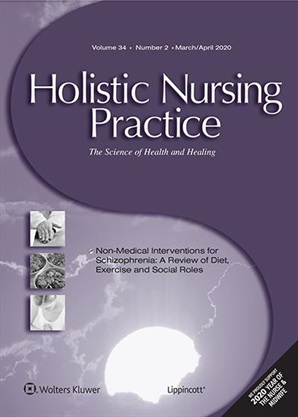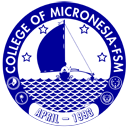Treating Schizophrenia with Individualized Care

All across the world and in every society, the heartbreak of major mental illness leaves its mark. Families and communities feel the impact of the disease deeply. Schizophrenia is one of the most devastating of these, often afflicting young adults as they are about to take on adult roles that benefit society. But this potential is mostly lost. In much of the world there are medications that can help, but we still haven’t found a cure. Outcomes from medication therapy come with risks of increased illness related to their side effects, like weight gain and physical issues such as tardive dyskinesia, causing spasms and shaking.
According to Dr. Daniel Helman, long-term recovery is possible in many cases, but the appropriate studies are not being done. He recently assessed the evidence-based literature related to schizophrenia. While there are promising avenues related to diet, exercise, and social roles that have some anecdotal support, treatment remains difficult because large, randomized trials are not being done. "Fully half the number of articles...that appear in the search results are related to the evidence base of psychiatric medication treatment outcomes," writes Helman, and none of the existing studies of nonmedical treatment ideas are large enough to be conclusive. But "psychiatric medications include major health risks from effects that appear during long-term adherence," Helman continues, while many other non-medical treatments remain promising, awaiting further study. "For example, having a [coach or personal trainer] help with 20 hours of exercise per week, the evidence base needs to be more complete so that funding for supports such as this can be instituted." According to Helman, one rarely sees people suffering from the major symptoms of schizophrenia who have such an intensive exercise routine, so a path for future studies is guaranteed to be notable, even if the results are unexpected.
Likewise, dietary interventions which could target autoimmune features, or vitamin or mineral deficiencies, or abnormal lipid metabolism, or gluten sensitivity, await further study, and in the meantime, long-term outcomes for those suffering from schizophrenia are not as good as they might be. Helman has published several articles related to alternative and complementary treatments, but resistance, according to him, may be based on how medical practitioners think about the disease. Medications to mask the symptoms may be less effective in the long-term than finding a tailored solution to each patient by looking at them as an individual within a context. Treating each patient uniquely "is an important approach until more is known about the disease," concludes Helman. The research for the article was conducted at Ton Duc Thang University in Vietnam in 2018, and drew on earlier work done at Prescott College and California State University Long Beach, in the USA.
Helman's "Nonmedical Interventions for Schizophrenia: A Review of Diet, Exercise, and Social Roles" is featured in the March/April 2020 issue of the peer-reviewed journal Holistic Nursing Practice.
Dr. Daniel Helman joined COM-FSM's Yap Campus in January 2020 and teaches ED 434 Handling Behavior Problems: Strategies for Classroom Teachers, ED 338 Teaching Students with Special Needs in the Regular Classroom. and a few others in the division of education. He has several research areas including sustainability, earth science, alternative energy and the arts. If you’d like to ask any questions about his research or teaching, contact him at dhelmanATcomfsm.fm
If you would like to share your research to the COM-FSM community, please contact our Publications and Graphics Specialist Paulo at jpsantos@comfsm.fm

